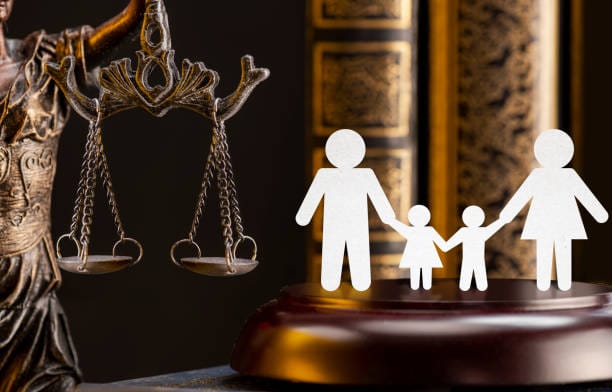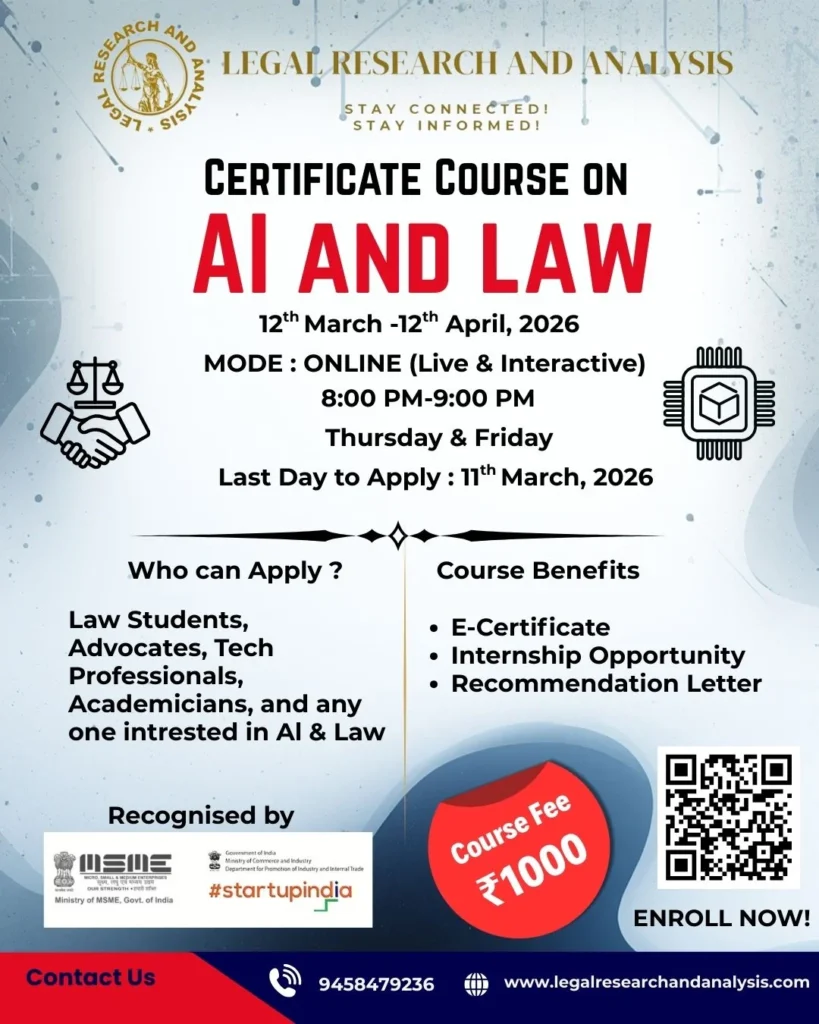Roadmap
ToggleIntroduction
Adoption is a legal and social process through which a child becomes a permanent member of a family that is not biologically related. It provides children with stability, care, and legal rights equivalent to those of a biological child. Various types of adoption exist, each catering to different circumstances and needs. Understanding these types helps prospective adoptive parents make informed decisions while ensuring the best interests of the child.
Types of Adoption
a) Open Adoption
- Definition: In an open adoption, biological parents and adoptive parents maintain communication, allowing the child to have access to information about their birth parents.
- Features:
- Exchange of letters, emails, or in-person visits.
- The degree of openness varies, depending on the agreement between parties.
- Benefits:
- Provides the child with a sense of identity and family history.
- Allows adoptive parents access to the child’s medical background.
- Challenges:
- Potential conflicts between birth and adoptive parents.
- Emotional complexity for the child.
b) Closed Adoption
- Definition: The biological parents and adoptive parents do not have any contact, and records of the birth parents remain sealed.
- Features:
- Adoptive parents receive only essential medical and social history.
- No further communication between biological and adoptive families.
- Benefits:
- Ensures privacy and emotional stability for all parties.
- Provides a fresh start for the child in a new family.
- Challenges:
- The child may struggle with identity issues due to a lack of information about their origins.
- Medical history gaps may cause challenges in healthcare decisions.
c)Domestic Adoption
- Definition: Adoption of a child within the same country, following national laws and regulations.
- Features:
- Governed by laws such as the Juvenile Justice (Care and Protection of Children) Act, 2015 in India.
- Central Adoption Resource Authority (CARA) oversees the process.
- Benefits:
- Legal procedures are well-established and regulated.
- Cultural and linguistic familiarity for the child.
- Challenges:
- Bureaucratic delays may extend the adoption process.
- Social stigma attached to adoption in some regions.
d) International Adoption
- Definition: Adoption of a child from a foreign country, governed by international laws such as the Hague Convention on Intercountry Adoption.
- Features:
- Requires compliance with both countries’ adoption laws.
- CARA and the Ministry of Women and Child Development regulate inter-country adoptions in India.
- Benefits:
- Provides opportunities for orphaned children from underprivileged backgrounds.
- Expands the adoption pool for prospective parents.
- Challenges:
- Lengthy legal procedures and strict eligibility criteria.
- Adjustment issues for the child due to cultural and linguistic differences.
e) Step-Parent Adoption
- Definition: A step-parent legally adopts the biological child of their spouse.
- Features:
- Ensures legal rights and inheritance for the child.
- Typically occurs in cases of remarriage after divorce or the death of a biological parent.
- Benefits:
- Provides stability and legal security for the child.
- Strengthens the child’s relationship with the step-parent.
- Challenges:
- May require consent from both biological parents, leading to legal complications.
- Emotional adjustment for the child.
f) Foster Care Adoption
- Definition: Adoption of a child previously placed in a foster care system.
- Features:
- Children in foster care may be wards of the state due to neglect, abandonment, or abuse.
- Adoption occurs when reunification with biological parents is not possible.
- Benefits:
- Provides a permanent family for children in state care.
- Financial and legal support may be available.
- Challenges:
- Children may have emotional or psychological trauma.
- Lengthy legal processes.
g) Relative Adoption
- Definition: A child is adopted by a close family member, such as grandparents, aunts, or uncles.
- Features:
- More common in cases where biological parents are deceased or unable to care for the child.
- Legal process varies by jurisdiction but often involves simplified procedures.
- Benefits:
- Ensures the child remains within the extended family.
- Provides continuity in upbringing and cultural background.
- Challenges:
- May lead to inheritance disputes or legal conflicts within the family.
- Emotional complexities regarding parental roles.
Case Studies and Landmark Judgments
Shabnam Hashmi v. Union of India (2014)
- The Supreme Court ruled that any person, irrespective of religion, can adopt under the Juvenile Justice Act, 2015.
- This judgment ensured that adoption was no longer restricted by personal laws and was available to all citizens.
L.K. Pandey v. Union of India (1984)
- Established guidelines for inter-country adoptions to prevent child trafficking.
- The Supreme Court emphasized that adoption must prioritize the child’s welfare.
Philips Alfred Malvin v. Y.J. Gonsalves (1999)
- Confirmed that adopted children have equal inheritance rights under the Hindu Adoption and Maintenance Act, 1956.
Anokha v. State of Rajasthan (2004)
- Highlighted the importance of the child’s consent in adoption, especially in cases of older children.
Conclusion
Adoption plays a crucial role in providing children with a stable and loving home. Different types of adoption cater to various circumstances, ensuring that both the child and adoptive parents find the best possible match. While legal challenges exist, landmark judgments and improved policies continue to streamline the adoption process, making it more inclusive and accessible. Adoption should always prioritize the child’s well-being, with transparency and ethical considerations guiding every step of the process.


![Human Resources Management (HRM) Online Certificate Course, 2026 by LRA [Live + Recorded]](https://www.legalschool.in/wp-content/uploads/2026/02/NEW-POSTERS-18-e1771894777597-1024x521.webp)
